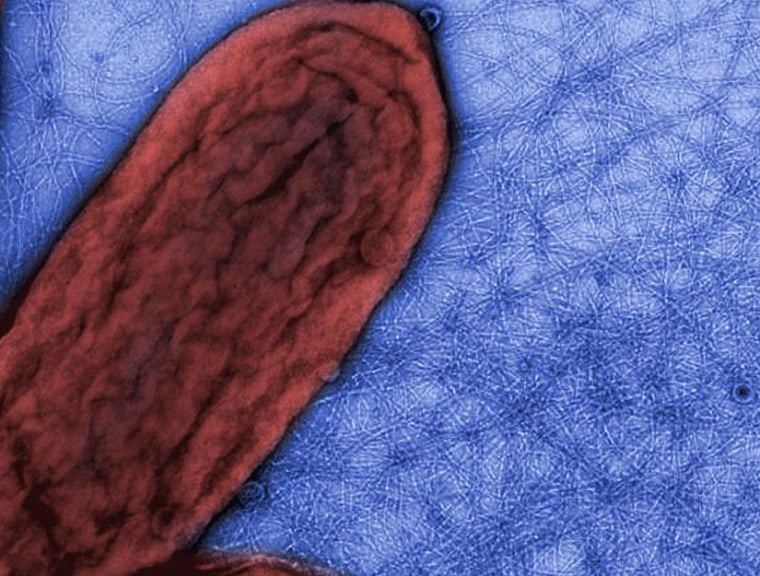Biochemists have long known that electrons are part of the cycle of life, but some strains of bacteria take their electrons straight rather than shuffling them through the machinery of sugars and adenosine triphosphate, or ATP. New Scientist reports that researchers are finding more bacteria that "eat and breathe" pure electrons, and they're using electric current to coax those bacteria into forming networks of bio-nanowires.
Among the researchers cataloging the electro-bacteria menagerie is the University of Southern California's Ken Nealson, a former NASA astrobiologist who suspects such organisms could thrive in extraterrestrial environments. But he also wants to put the critters to work here on Earth, in "self-powered useful devices," or SPUDs. By manipulating the voltage, scientists can modulate the electron flow. They're already working on bio-transistors, microbial fuel cells and bacteria-powered systems to clean up toxic waste. This could be the start of the micro-industrial age.
Sign up for Science news delivered to your inbox
IN-DEPTH
- Electric Bacteria Could Go Into Bio-Batteries
- Electric Bacteria Blink On and Off
- The Electricity Eaters (New Scientist)
SOCIAL
— Alan Boyle, NBC News
